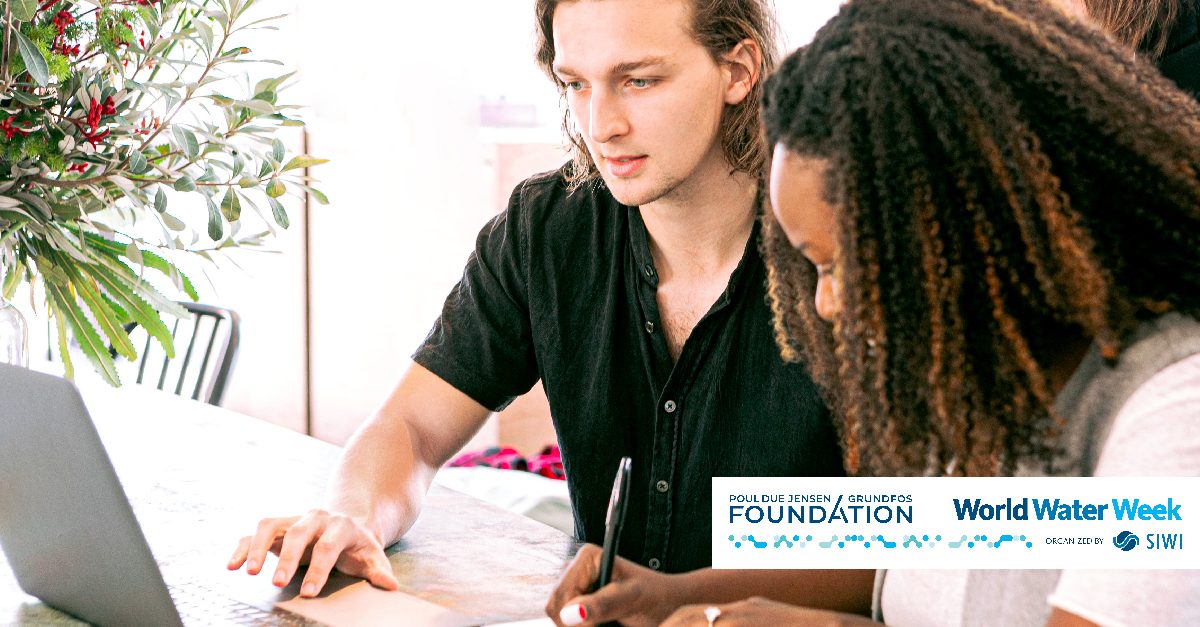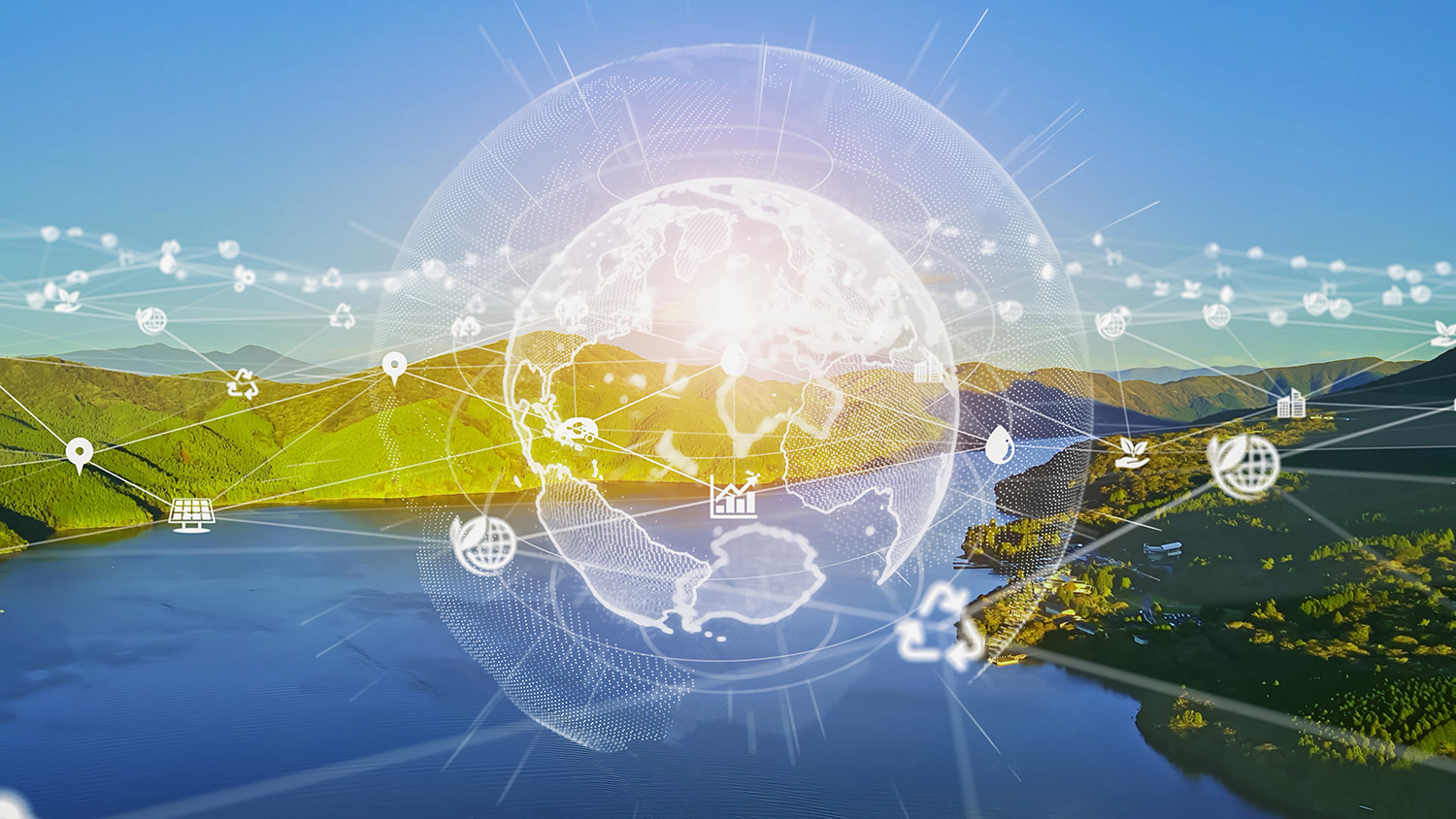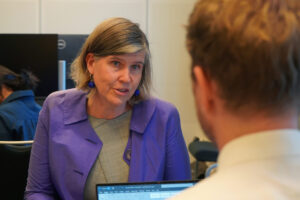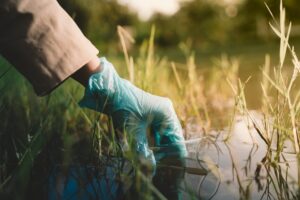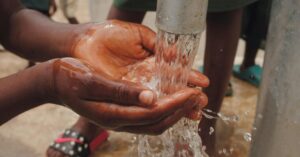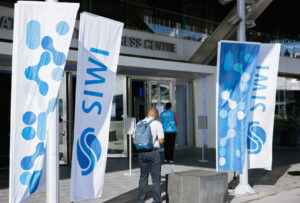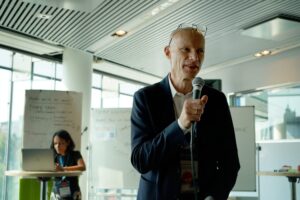How communication can help us to drive change
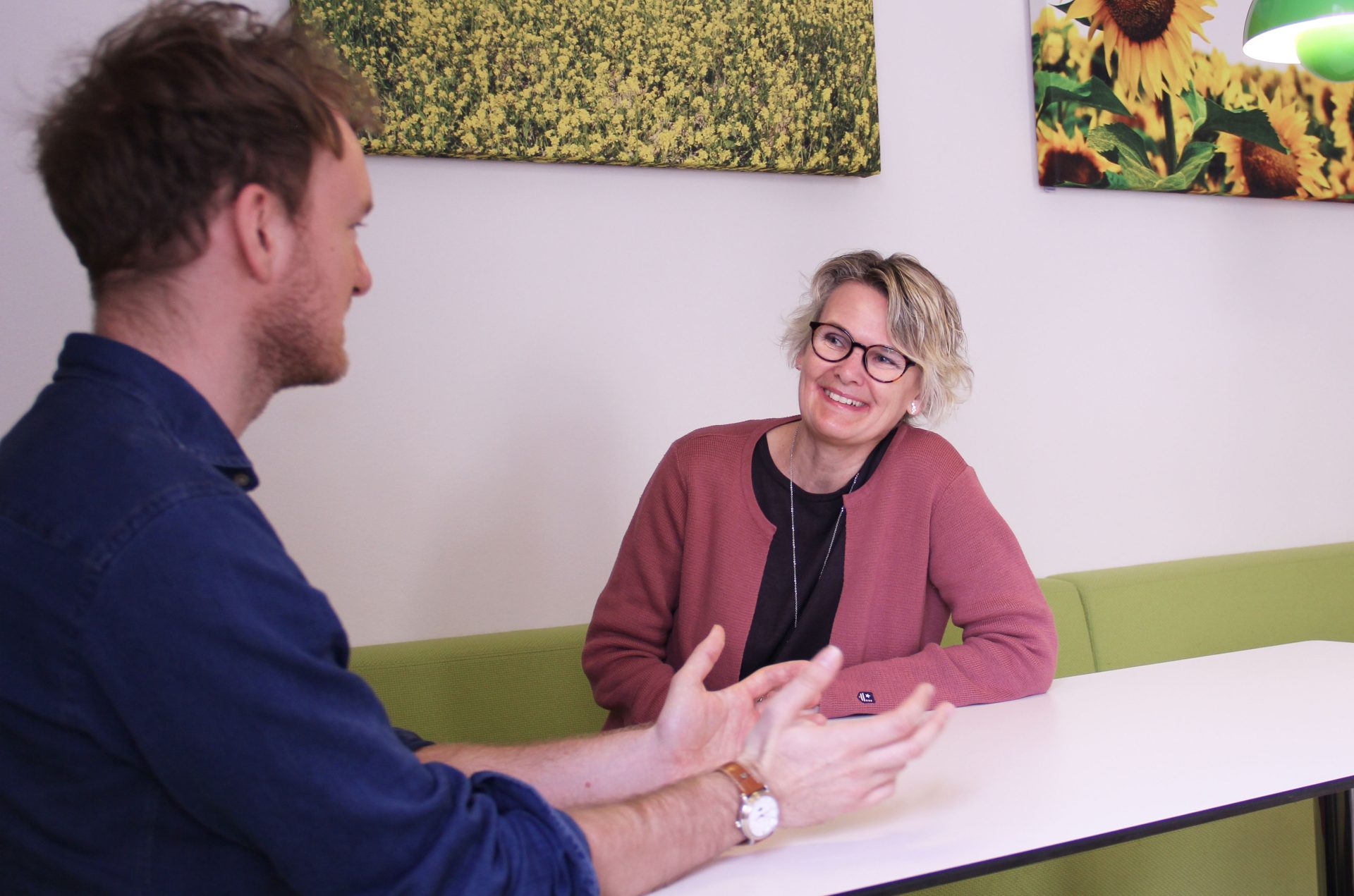
What does that mean for our ability to tackle these multiple crises?
Maria: To solve the problem you must understand it, so it’s very important to describe the interlinkages between different types of crises. A really good example is the concept of safe and just Earth System Boundaries, which was just published in the science journal Nature. You cannot solve the climate, water, biodiversity, and food crises on their own, they are completely interconnected. This is something SIWI has been saying for years, but now we feel that we are part of a growing movement. It is inspiring to see the fast-growing interest in smart solutions that work with nature and tackle several problems simultaneously.
Jakob: We know that immediate change is needed. Fortunately, we are also seeing changes in politics. Last year’s Climate COP for the first time ever mentioned water in the final declaration and we hope that water will be a strong feature of the climate meeting that is happening in Bonn this week. Furthermore, several countries have come forward with water plans on how to manage the perhaps most valuable resource on this planet. So, there is progress, though it cannot yet keep up with the evolving crisis. We need to see much more profound changes in how we use, value, and manage water. At the same time, it is important to communicate the progress we make so it can be seen and replicated.
“To solve the problem you must understand it, so it’s very important to describe the interlinkages between different types of crises.”
How can communication help us achieve that change?
Maria: There is a lot of research on how communication can contribute to positive change. Our words, images and metaphors create “mental frames” that help us understand a problem and identify relevant solutions. The more used we are to a specific frame or way of thinking, the harder it is to adopt a new approach. If we for example have spent years thinking about climate mitigation as a technology problem, we won’t search for nature conservation solutions. And if we always describe climate action as a sacrifice, we overlook benefits like green jobs.
This is one reason why it took so long before people started to see the role of water in climate action – it was contrary to the established way of thinking. But now the narrative is changing, paving the way for better solutions and that is of course inspiring.
At the same time, we face new problems – how shall we communicate to counter misinformation, apathy and a lack of trust? That is our next big challenge, especially when artificial intelligence will turbo charge not just knowledge but also lies.
Jakob: I agree there are new challenges. At the same time, we have tremendous potential to achieve our goals through enhanced communication. To protect our freshwater resources, we are highly dependent on other actors. Communication can be the starting point to creating attention and reaching new audiences, forming new partnerships, and ultimately building momentum around the globe. To implement change, we need to adapt our language for specific audiences and events, be it a certain political process or a sector. Communication can be the key to reaching actors, for example in the energy sector; and thereby help them understand why it is essential to include water resources early on in their planning. Another key aspect is that communication can help to elevate traditionally marginalized voices and therefore be a driver of innovation.
“Communication can be the starting point to creating attention and reaching new audiences, forming new partnerships, and ultimately building momentum around the globe.”
Water in Communications
Do you want to learn more about the power of communications to achieve sustainable change and a water-wise world? Sign up for the Water in Communications workshops, ahead of World Water Week 2023.
Learn more and sign up